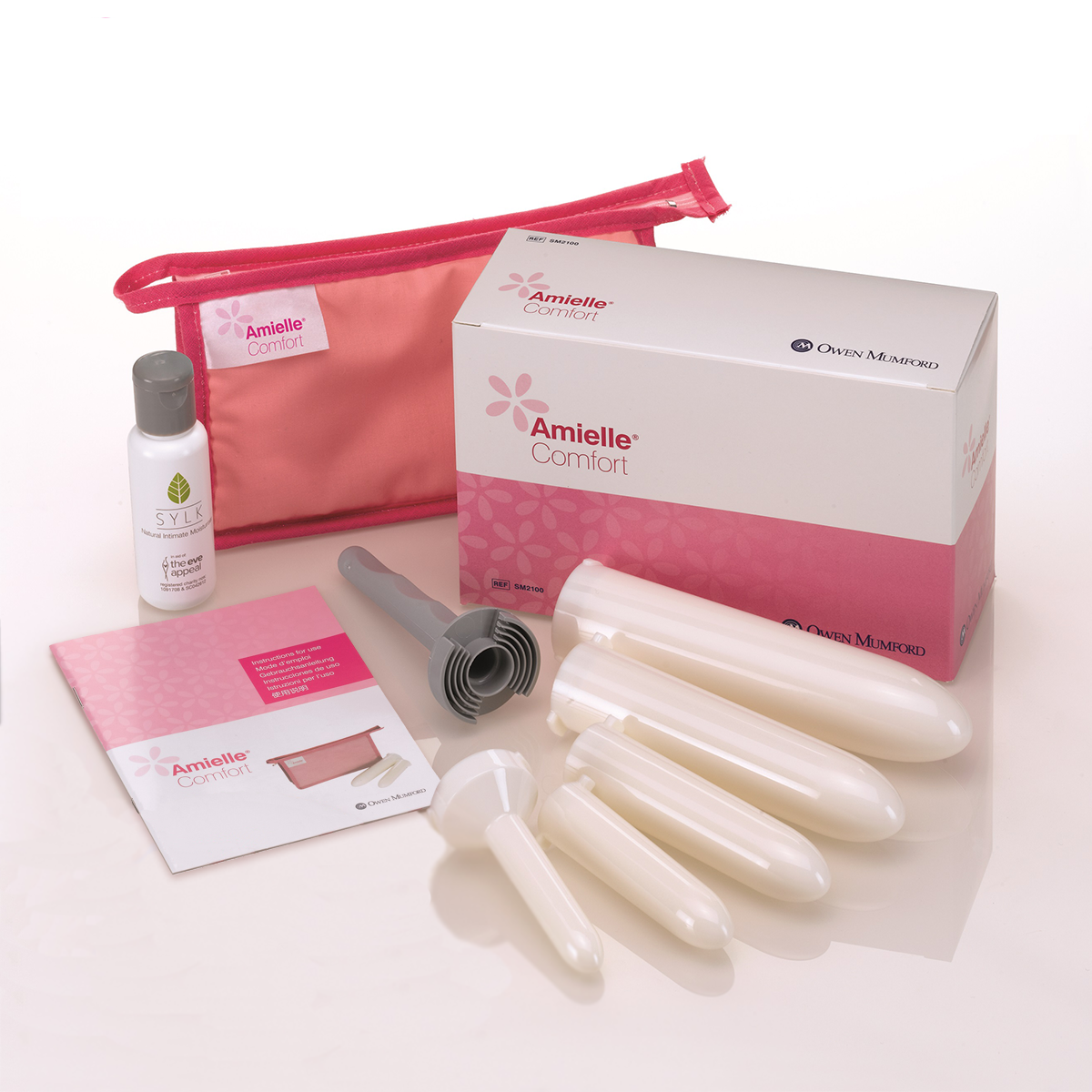It was 2019, and the show was Netflix’s ‘Sex Education‘, which was becoming my go-to destination for developing a comprehensive understanding of sex and sex-related issues that ideally I should have learned years ago when the chapter on the reproductive system was taught without the mention of the word ‘sex.’

For many of us, the screeching silence around sex in our formative years harboured cluelessness, fear, and misinformation, which resulted in unhealthy experiments based on half-baked knowledge. Among many conversations that Netflix’s show delved into, it started an important dialogue around ‘vaginismus‘ through the character of Lily, played by Tanya Reynolds.
The character realises that she is unable to have penetrative sex despite having the desire and the partner whom she consents to. She discovered her vagina won’t allow her entry, which is when Otis, the unofficial sex counsellor in her school, diagnosed her with vaginismus.

Vaginismus is a sexual dysfunction. According to Cleveland Clinic, it is an involuntary tensing or contracting of vaginal muscles during any type of penetration, including a finger, a tampon, a penis, or any other medical instrument. Apparently, it can occur as early as in your late teens or at the start of sex, or when inserting a tampon for the first time, or a menstrual cup, or during a pelvic exam, or even in the later years of your life. Consider it a reflex tightening of the vaginal muscles after your mind senses an incoming penetration which it perceives as a threat.
Vaginismus is more common than you think, even though the recorded diagnosis in the clinics ranges between 5% and 17%. But this is more plausible because there is a lack of vocabulary around vaginismus or even sex, particularly in India. There are women who may not be aware that they have this condition or even there exists a terminology for what they are going through. They just keep it within themselves until

In a recently released interview with Brut India, gynaecologist Taru Jindal revealed how most women in her programme got vaginismus because they had heard that sex always hurts the first time. Bursting this myth, she explained, “your vagina will also undergo an erection provided you are aroused. But when a woman gets an erection this three to four inches balloons out to a five to six-inch barrel. This is the design of painless pleasurable intercourse.”
Adding to it, she said there is a misconception that vaginismus is because of the hymen obstructing the penis, they get advised hymen surgeries to open up the tissue as a ‘cure’ for the condition while the possibility of a psychological fear remains unaddressed. Your body could be perfectly healthy, and you may still have an intense fear of penetration, resulting in the involuntary contraction of muscles despite having the desires.
While the causes of vaginismus remain a topic of discussion, it has been linked to medical conditions like UTIs, vaginal tears, inflammation or psychological conditions, like past trauma or phobia around penetration. According to Healthline, vaginismus has been classified into two types: primary – when a woman has never had a painless penetration and secondary – when a penetration has been achieved before.
Dr Taru Jindal, in her interview with Brut, stressed the role of a partner in helping their partner heal vaginismus. She said the first step is to dig into her past and unearth reasons as to why she got vaginismus in the first place. We begin with emotional healing. “It also includes just helping her sit with her body and vulva and try to embrace it.”

Aditi Murti, in a detailed piece on causes and treatments for vaginismus on The Swaddle, cited Dr. Sulbha Arora, a clinical Director at Nova IVF Fertility, on how vaginismus, even with its psycho-somatic nature, is highly treatable. She said, “It is important for the gynaecologist not to rush through this and give the woman plenty of time to allow a gentle examination. She also needs to be taught relaxation techniques and shown how to gradually begin with inserting just the tip of her finger into her own vagina, with the use of jelly if need be.”
As per physician’s recommendations, common treatments for vaginismus include pelvic floor exercises, the use of vaginal dilators, sex counselling, among others. Vaginal dilators are basically tube-like devices with gradually increasing size used to help improve the flexibility of the vagina, and to help the person become more comfortable with vaginal penetration.

It becomes important to understand vaginismus doesn’t mean there is some inherent defect or problem that many women automatically are led to feel in a conservative setting like ours where discussions on sex are stigmatised, and sexual dysfunctions are construed worse. Most importantly, and it’s already being said and needs to be said more, sex education should be a subject in schools.



